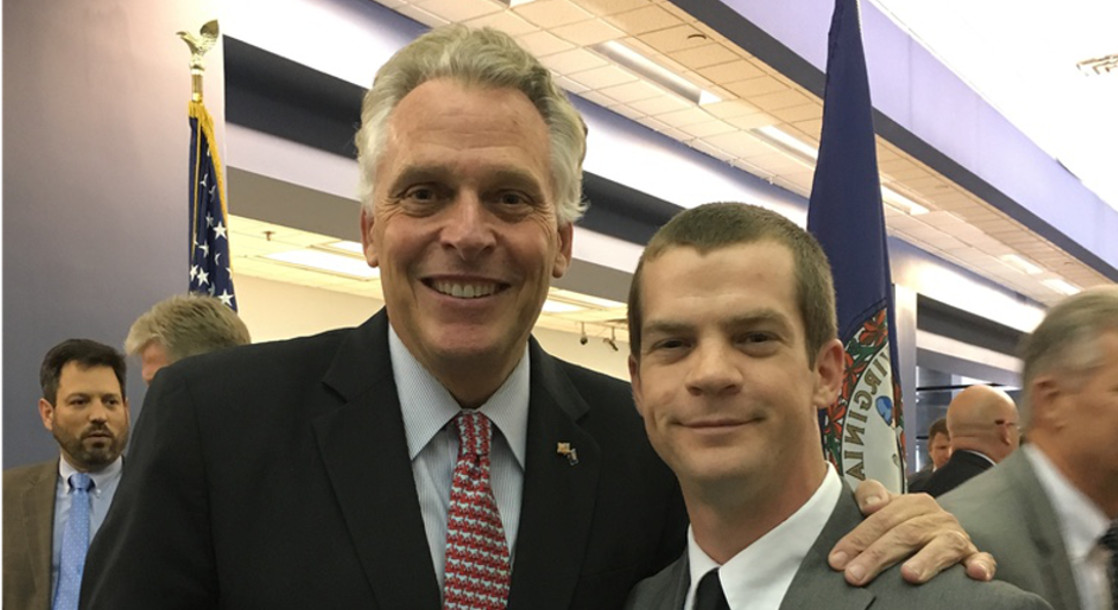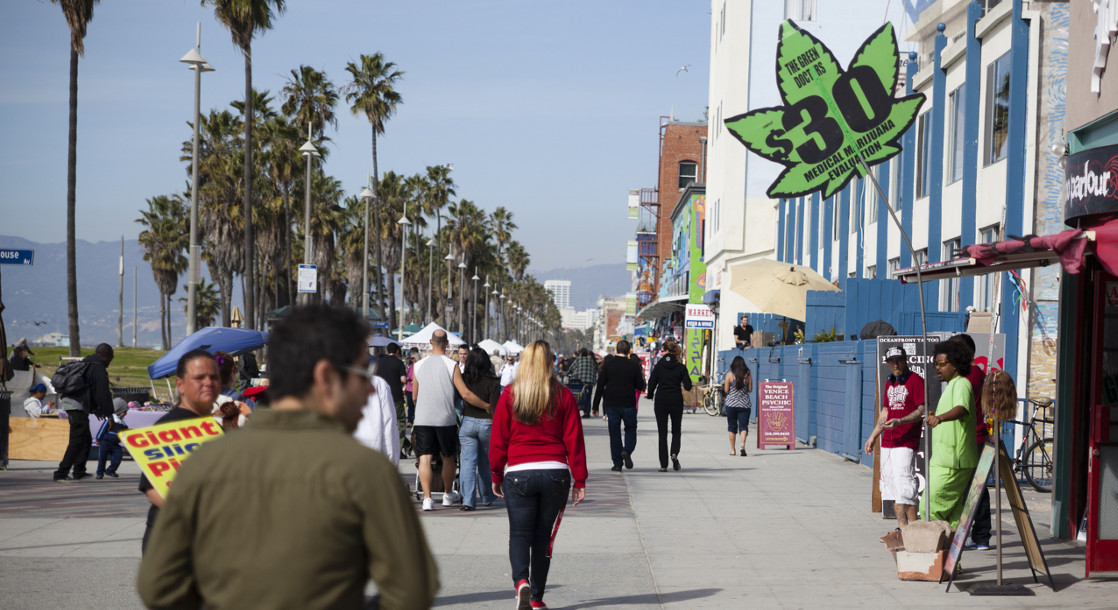Two new bills recently signed into law by Virginia Governor Terry McAuliffe show that the state is making slow, but steady progress towards cannabis law reform. This May, Governor McAuliffe signed Senate Bill 784 and House Bill 2051. These passage of these bills ended a state law mandating that any Virginian convicted of marijuana possession would have their drivers license suspended, even if they were not using their vehicle at the time of arrest.
In commuter-based states like Virginia, most residents rely on being able to drive in order to work, attend school or church, or visit a doctor. Ryan Johnson, membership coordinator for the Virginia chapter of NORML, testified at both chambers' hearings on the bills about the positive effects of allowing individuals to retain the ability to work and receive education.
“With Virginia NORML’s guidance, I was able to craft impactful testimony, helping pass meaningful legislation that will make a difference for thousands of Virginians,” Johnson said at the bill-signing ceremony. “I was humbled by how many legislators thanked me for stepping outside of my comfort zone and sharing my story in the 2017 General Assembly.”
This June, Gov. McAuliffe signed Senate bill 701, which will allow five medical cannabis dispensaries, known as “pharmaceutical processors,” to distribute cannabis oil to licensed patients. Each of these processors will grow their own cannabis plants and process them to create the cannabis extracts allowed under state law. Each processor will have a registered pharmacist who can then distribute the medication to patients.
These bills are small steps towards reform, but are notable because they successfully passed Republican-controlled House subcommittees. These subcommittees are often the place where criminal justice reform bills fail due to opposition from entrenched Republican legislators. At the request of State Senate Majority Leader Tommy Norment, the State Crime Commission is now studying the possibility of cannabis decriminalization.











